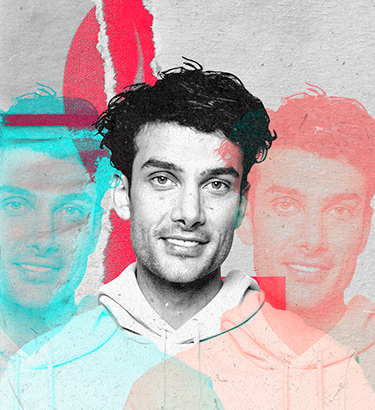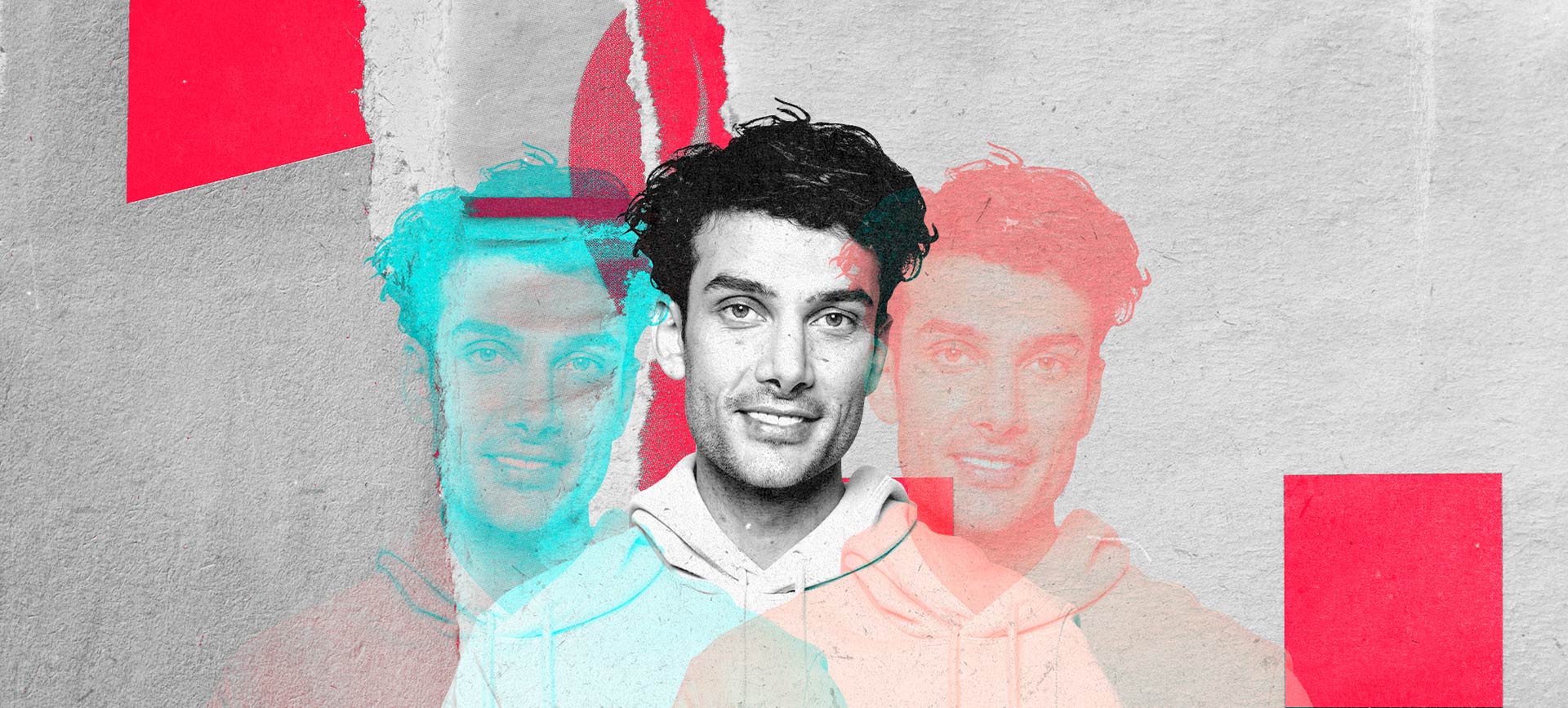Destiny Smith is a 27-year-old woman in Davenport, Iowa, who posts regularly online as an HIV-positive advocate and public speaker. She received her diagnosis five years ago under some challenging circumstances.
"I was 22 and pregnant when I found out [I was HIV positive] in 2017," she explained. "I found out the day after Christmas. I went through the five stages of grief and fell into a really, really bad depression afterward. I was already a single mom and I couldn't take care of my son. And that's kind of what made me get out of that depression."
Smith went public with her status a year later in June 2018 with a Facebook post.
"People were talking about my status, people I didn't even tell," she said. "And they were saying that I had AIDS instead of HIV."
The conflation of HIV and AIDS is one example of the unfortunate misunderstandings that surround HIV diagnosis, and Smith chose to confront the issue head-on.
"It just felt like a huge weight was lifted off my shoulders," she said. "I mean, before I made the [Facebook] status, I talked to my best friend and I talked to my mom. And I talked to my boyfriend at the time just because what I'm doing affects them. And I prayed about it. They all said it was fine. It was something that I needed to do."
A pregnant mother, of course, is going to have her child in mind as a chief concern when dealing with a new diagnosis like HIV. Fortunately for Smith and her newborn daughter, the birth of the child and the HIV diagnosis held separate spaces in regard to her daughter's health.
"I had my daughter on my birthday actually," Smith said. "She was HIV negative."
Smith was undetectable at the time of the birth, but said she didn't know what to expect regarding her daughter's status. Doctors told her a C-section would reduce the risk, so she took that route, and in the end, her daughter was born successfully but with HIV-related complications.











